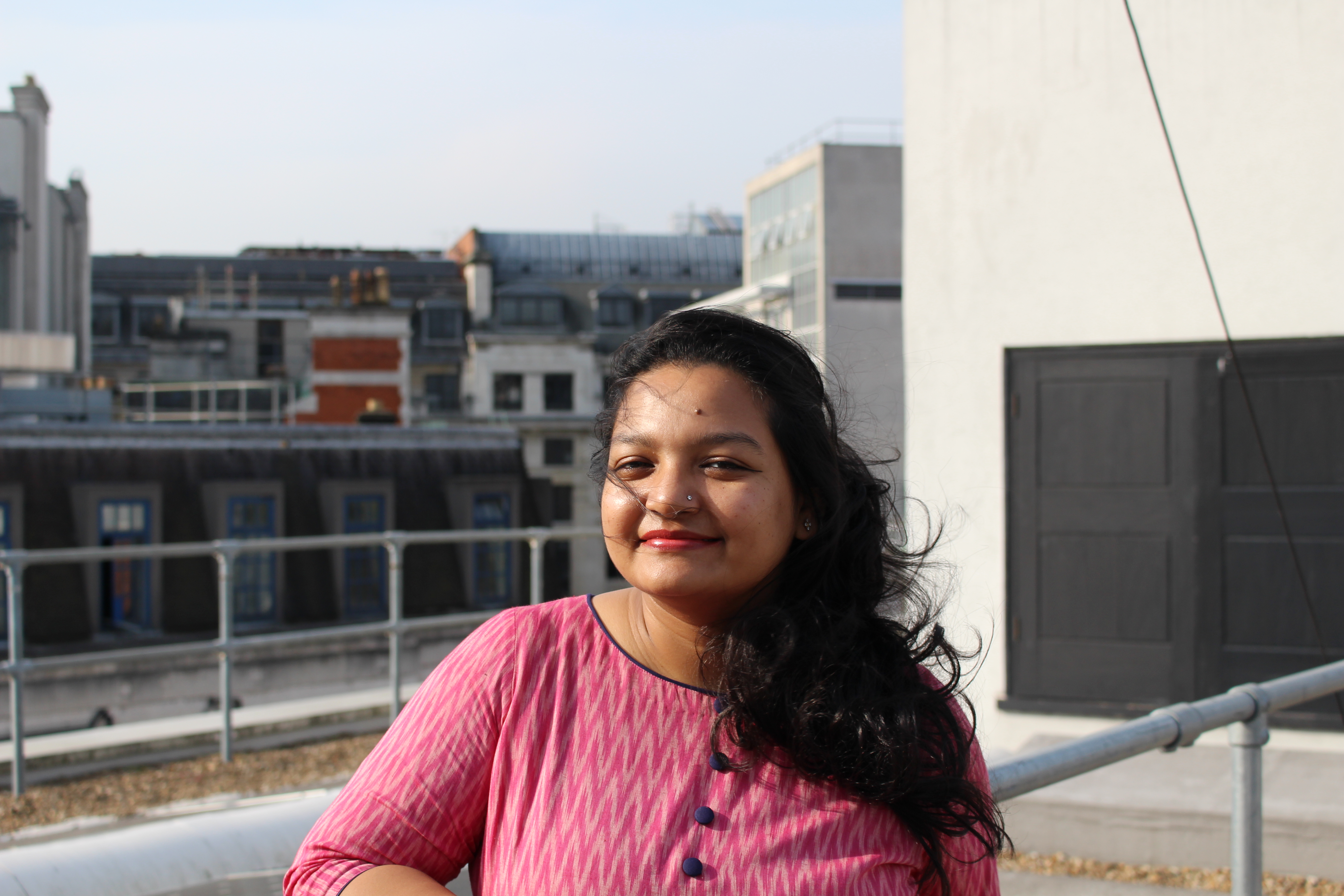
Can you tell us a bit about your PhD and research?
In my research I am looking at how pavement dwellers associate with the idea of 'home' in their everyday lives. I recently finished a year-long fieldwork in Mumbai (Mahim to be specific) where my research took a crucial turn.
Before, I was conceptualising these pavement dwellers and similar groups living on Indian streets as 'homeless'. However, my fieldwork and close interactions with the community of pavement dwellers made me realise that the trope of 'homelessness' is absent in their everyday practices. In fact, framing them as 'homeless' takes away the agency of their efforts to address the extreme vulnerabilities in their everyday life.
This is not to say that the lives they live are ideal, or to romanticise their daily struggles and hardships. What I want to draw attention to is the fact that the construction of the idea of 'home' itself is fraught with contradictions.
The experiences of 'home' are varied and I see the efforts to hold on to the notions of ‘home’ are strategies of addressing the precarious environment that street living entails. I also want to draw focus to the fact that the conceptualisation of terms like 'homeless' is a Western concept and in the Indian context these terms need re-framing.
What is the best part about being a Graduate Teaching Assistant in the Department?
This is my first time teaching, and there are several (mostly great) things to say about the experience. First, as a GTA I have immense support from the faculty members leading the courses, my colleagues who have taught the courses before and are currently teaching with me, and the professional services staff. These people are not only very advanced in their field of knowledge but are very approachable. They have been really open to suggestions and forthcoming with help to address any challenges I face. I was super anxious before beginning teaching, but the training from the TLC has been useful.
Second, I am really enjoying teaching the courses GY100 (Introduction to Geography) and GY140 (Introduction to Geographical Research) because they are exposing me to the fundamentals of critical theory in Geography. The first course addresses the 'what' and 'why' of the discipline and the second addresses the 'how'. I have a background in Sociology and Urban Studies and my previous research focus has been interdisciplinary. I did not realise that what I have been doing so far is so intimately linked to Geography. These courses are helping me make crucial connections with my research.
The thing that keeps me most motivated is the interaction with students. They are really lively, chatty and responsive. I am learning the discipline with fresh perspective from the students. The interactive nature of the classes helps us to understand each other better. For example, in a recent class they were asked to think of a place and explain why they feel connected or detached to it. Very interesting insights emerged from this sharing of experiences, one of them being the gendered experiences of places. What was great was the precise connections they were making with the text while describing their experiences.
Where is the most memorable place you have visited?
I love travelling, so every place I have visited has had an impact on me. The experiences have been enriched because of the company that I have travelled with. I travel a lot with my family and friends.
But if I had to pick a place, it would be a solo trip I made to Japan when I was really young. I was excited for several reasons, particularly as I sensed freedom and responsibility at the same time.
I know you asked for one, but I will cheat and say that one image that is imprinted on my mind and will be forever was from a recent trip to Nubra Valley, in Ladakh. I have never seen such a stunning star-filled sky. It still gives me goose bumps.